
Broadcast News was almost a rom-com. After shooting the climactic scene—a rare 80s-movie chase to the airport that doesn’t end in a kiss—writer-director James L. Brooks began to suspect that his movie might be a downer. After two hours of dire warnings about the death of journalism, didn’t his characters deserve just a little happiness?
So he had a brilliant idea: he would trust his actors to save the ending.

Brooks reshot the scene of news producer Jane Craig (Holly Hunter) tearfully giving directions to yet another hapless cab driver—only this time, anchorman Tom Grunick (William Hurt) would climb in with her. The actors had no scripted dialogue. Hunter didn’t even know the twist was going to happen. Watch the scene online and you’ll see that Hunter and Hurt have insane chemistry, bouncing from tenderness to rage and back again. The final embrace feels earned. And all in a single take.
And Brooks didn’t use it. Because it would have made the movie meaningless.
“You can’t end up with Tom,” Aaron Altman (Albert Brooks), the third side of the movie’s romantic triangle, warns Jane. “It goes totally against everything you’re about.”
“Yeah,” Jane shoots back. “Being a basket case.”
Jane, the movie’s protagonist and moral center, is one of the smartest basket cases we’ve ever met on screen. High-strung and hyper-competent, she sabotages every chance at happiness that life throws her way. Work wins: work always wins. She has to unplug her phone just to make sure that no one can interrupt her crying jags.
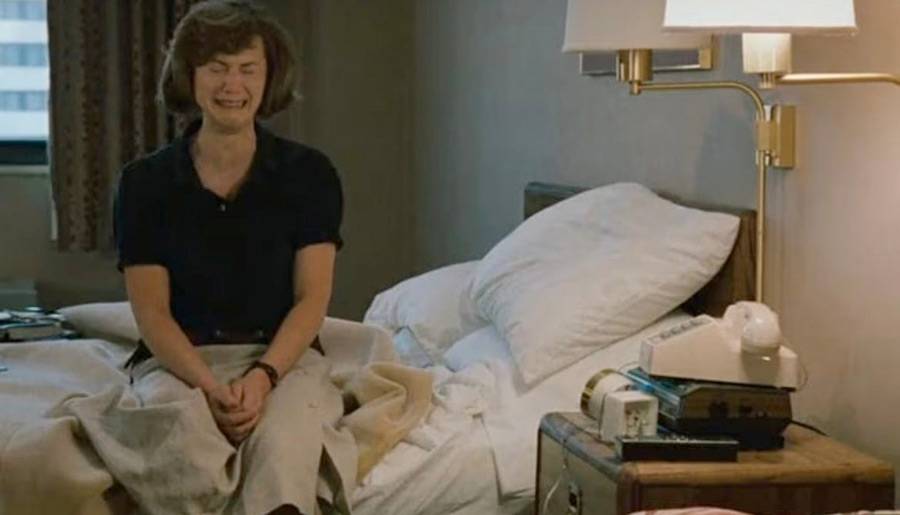
After a poorly received conference speech about the dangers of entertainment corrupting the news—she’s upstaged by falling dominos—Jane invites the enemy into her hotel room: Tom Grunick, a likable but hopelessly vapid anchor who complains that everyone believes him even though he has no idea what he’s talking about.
Jane rolls with it for as long as anyone can who’s trying to get laid. Then the journalist in her takes over:
“What do you want from me, anyway? Permission to be a fake? Stop whining and do something about it.” Silence as that sinks in. She watches him move for the door. “Well, you don’t have to start right now.”
Other comedy writers would have ended the scene right there and felt pretty good about it. But this is James Brooks, master of the dialogue button that laser-sights exactly what the scene is really about. And so:
“I hated the way you talked to me just now,” Tom says at the door. “And it wasn’t just because you were right.”
Dialogue like that keeps Broadcast News fresh, four decades down the road. Not just great comic banter, but lines that bank-shot personal moments into the movie’s larger themes.
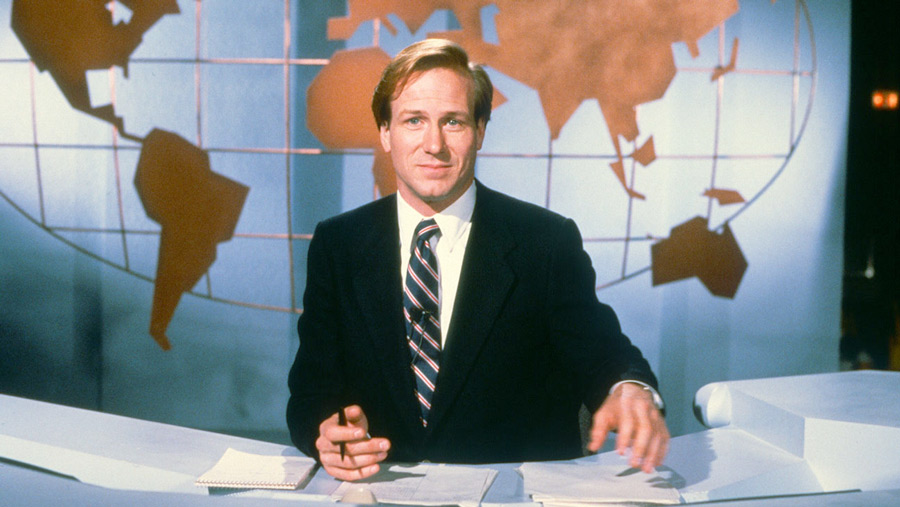
Most of the zingers we remember best go to Albert Brooks as Aaron, who’s everything that Tom isn’t: mentally prepared, a pitbull on a story, a great news writer. Also incapable of letting anyone forget any of that for even a second.
“Wouldn’t this be a great world if insecurity and desperation made us more attractive?” he tells Jane in a late-night gabfest. “If ‘needy’ were a turn-on?” Jane decides this is “unworthy” of Aaron and hangs up.

The irony is that Tom Grunick is just as needy—but he’s needy while being incredibly charming, while Aaron is needy while being unbearably brilliant. Aaron is Jane’s office husband: her first and last call of the day, her field reporter of choice, whose career she’s determined to boost. But the one thing she will never be is physically attracted to Aaron. And he knows it, and she knows that he knows.
“I’d give anything if you were two people,” he tells her in a weak moment, “so I could call up the one who’s my friend and tell her about the one I like so much.”
It’s the perfect emotional register for three people whose job is telling the truth, a mission that tends not to mix well with falling in love. Aaron reminds Jane who she is, while Tom reflects how she wants to feel. That battle of head-and-heart gives Broadcast News what only the best comedies have: a conscience.
The easy choice would have been to make Jane’s attraction to Tom purely about sex. But the truth is that Tom excels at something the network needs, that she needs as a news producer, and that Aaron will never have. Tom doesn’t just read lines off a teleprompter. As she feeds lines into his earpiece, he instantly translates them into authority: he sounds like the news is supposed to.
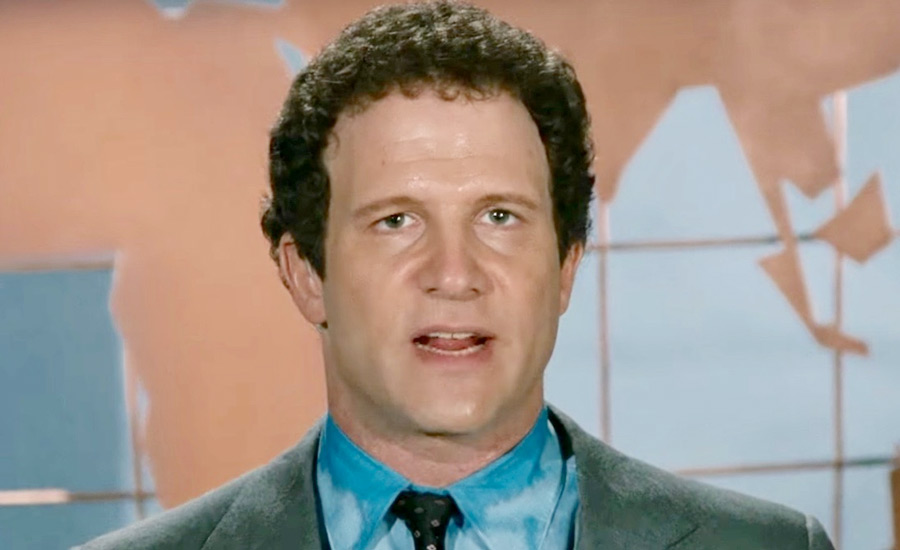
And, of course, it’s Aaron who’s coming up with all the hard-news intelligence that Jane gives to Tom. As he sits at home, sidelined while Tom reads the lines he wrote, Aaron marvels: “I say it here and it comes out there.” Words that every writer alive has spoken at some point.
Broadcast News is more than just a contest for Jane’s affections. It’s about a Washington bureau that’s facing cuts “because they couldn’t program Wednesday nights,” as the network’s anchor Bill Rorish (an uncredited Jack Nicholson) puts it.
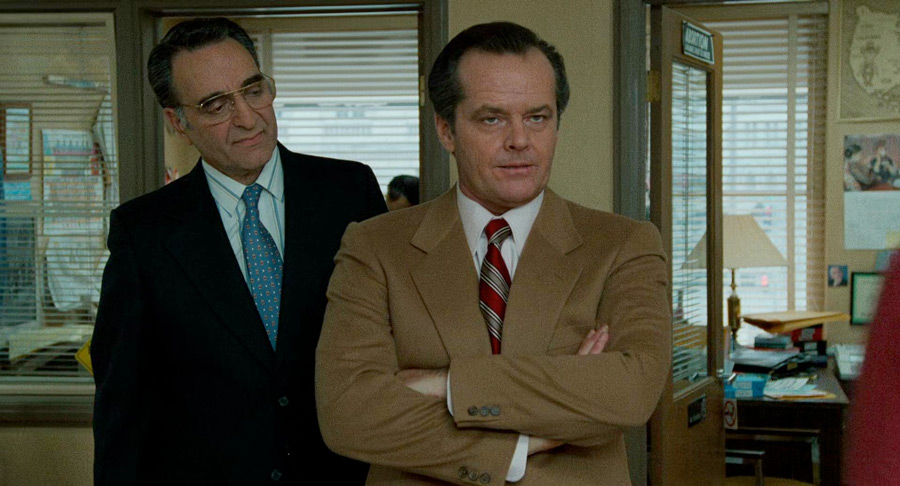
Brooks had mined this lode before. First as a writer for the CBS Evening News, then in his days on The Mary Tyler Moore Show: the newsroom as family. Here, he’s going for something more pointed: the tragedy of losing people who uphold the ethics of their profession, who know that journalists are not the heroes of the stories they cover. When Tom ends his on-air coverage of a Libyan air attack by ad-libbing, “In other words, I think we’re all right,” the executive producer (Robert Prosky) shoots back: “Who the hell cares what you think?”
But this battle ended long ago, and much of what the movie had to say now seems quaint. At the time of Broadcast News’s release, anchors like Dan Rather, Tom Brokaw, and Peter Jennings were dismissed as haircuts. If they now seem like paragons of integrity, it’s only a sign of just how much farther the profession has fallen. It’s hard to imagine Broadcast News getting anywhere in the age of Tucker Carlson.
Fortunately the movie doesn’t have such obvious villains. Its genius—and much of its humor—is how it lets us see each character through their own eyes, even the news executive (Paul Hackes) who won’t apologize for picking Tom over Aaron:
“You’re so right,” he tells Jane. “And I’m so wrong. It must be nice to always believe you know better, to always think you’re the smartest person in the room.”
“No,” she says with pained sincerity. “It’s awful.”
James Brooks wrote this line for Debra Winger, but it’s hard to imagine anyone but Holly Hunter pulling it off. Jane’s a control freak—she even tells Tom how to make out with her—but it just so happens that she deserves to be in control. Hunter can play strong with just the right amount of brittle.
For a movie that’s about the importance of competence in a world of falling standards, it’s essential to have a cast that can seriously play off each other. Albert Brooks can even play off himself—as when he stares into a book and chimes in on Gladys Knight’s “Midnight Train to Georgia”: “I can sing while I read—I am singing—and reading both!”
But it’s William Hurt who has the hardest job of any of the principals. We spend a lot of time hearing how handsome Tom is: Hurt’s not bad-looking, but there were prettier actors in his day. He brings something else to the party. Prior to Broadcast News, Hurt played smart hunks who were just a little bit lost in their heads: a mad scientist in Altered States, a self-deluding lawyer in Body Heat, a gay fabulist in Kiss of the Spider Woman.
In Broadcast News he uses that mojo to bring depth to a character who supposedly doesn’t have any. He knows how to sell an idea, even if the idea wasn’t his. His arc is finding the guts to admit that he’s comfortable being shallow.
This leads Tom to the one line that Jane won’t cross. He reports a segment on date rape, a sure-fire attention-grabber that also happens to be a real story. As he interviews a victim, tears appear in Tom’s eyes. Jane’s forced to admit that it moved her… until Aaron asks how Tom could film his own reaction when he only had one camera. That’s how Jane tumbles to the knowledge that Tom faked his tears.
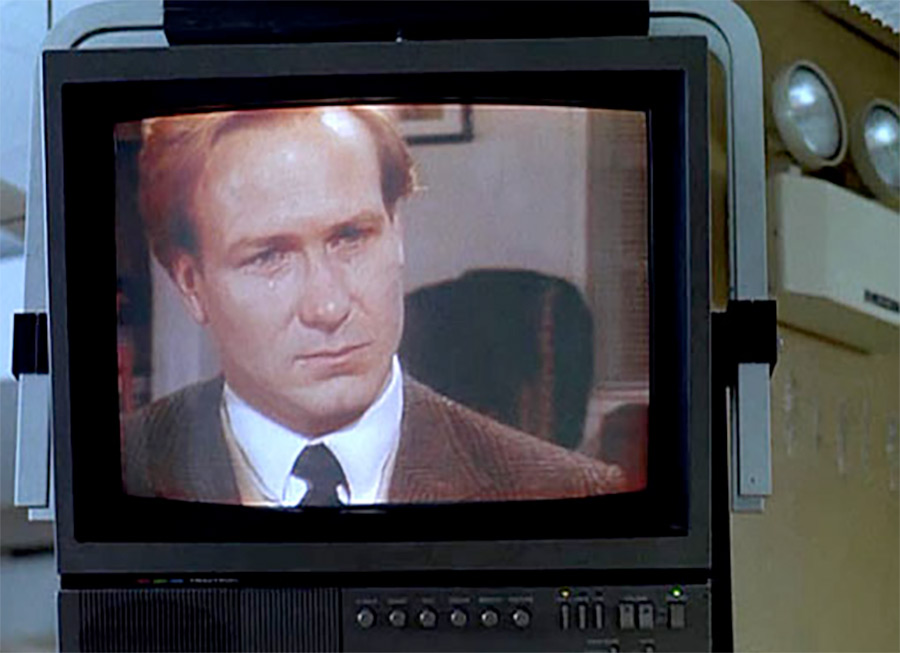
This is one of the film’s less believeable moments—would a veteran producer like Jane really not have seen that?—but it nails why Tom and Jane can work together, but they can’t be together. She loves Tom, but he’s everything she hates.
This makes Broadcast News not just a fun watch but an incredibly grown-up story. Aaron is right: Jane can’t wind up with Tom. He may not be the devil that Aaron says he is, but he does “bit by little bit lower our standards where they’re important.”
In a conventional romance, Jane would choose Aaron. He’s smart, there’s true friendship, they share the same ideals. But then there’s this other thing that’s lurking in the background, and it takes a very young Joan Cusack to say it to Jane: “Except for socially, you’re my role model.” Jane loves Aaron the way she loves her work. But you can’t live in your work.
Brooks described Broadcast News as “three people who lost their last shot at intimacy”—which it is, but it’s more than that: it may be the best workplace comedy ever. When a boss asks if there’s anything he can do for the guy he just laid off, the answer is the one we all wish we could give: “Well, I certainly hope you’ll die soon.”
That’s the beating heart. The movie flirts with romance, it warns against the dangers of style over substance, but really it’s about the job. Not the one you’ve got now. I mean that job, if you were lucky enough to have it. The one where you didn’t sleep and the pay was shit but you felt like part of something that mattered, where you were the best version of yourself, where life was one perpetual migraine but it was worth it because the team was worth it.
As Aaron and Tom each tell Jane in their own way, eventually that job will end. Either you’ll move on or your coworkers will, and everything after that is just your career. If you’re going to find the real story of your life, you’ll have to chase it somewhere else. Even when Aaron finally confesses his love for Jane, he uses a journalism metaphor: “How do you like that? I buried the lede.”
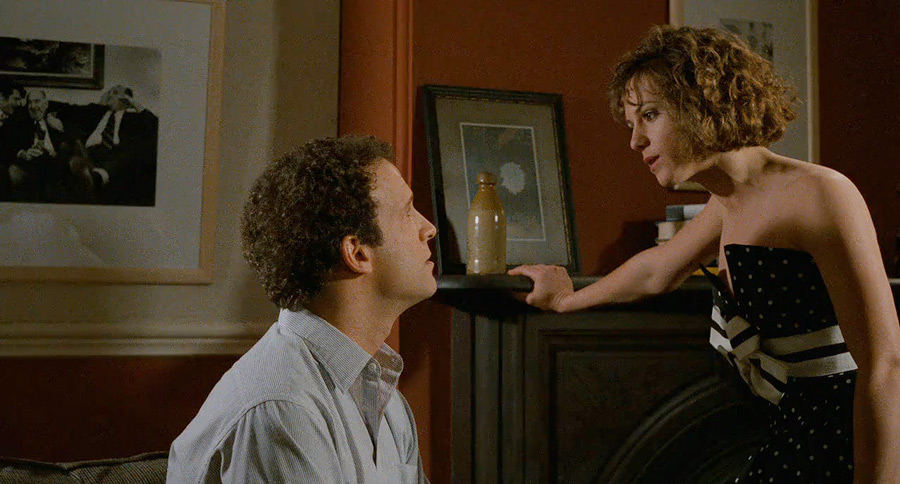
You can’t bury the lede; life won’t let you. In the world of Broadcast News—in your life, my life—that’s the hardest-hitting news story of all.

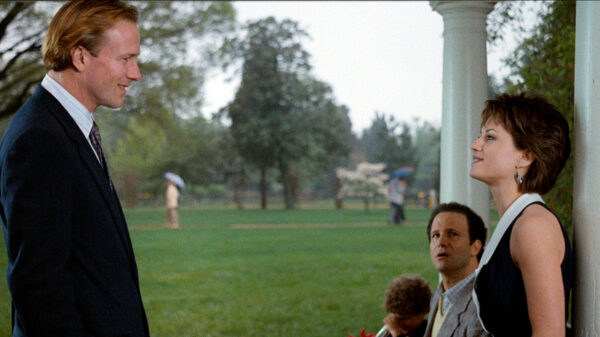



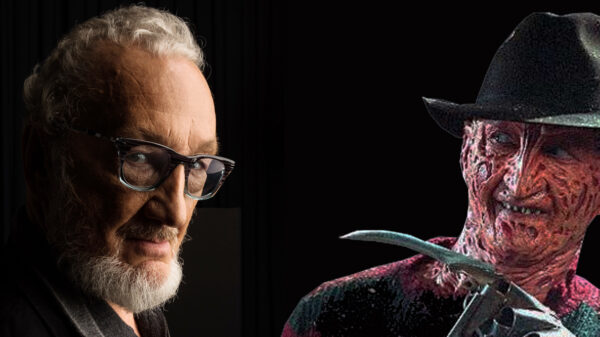
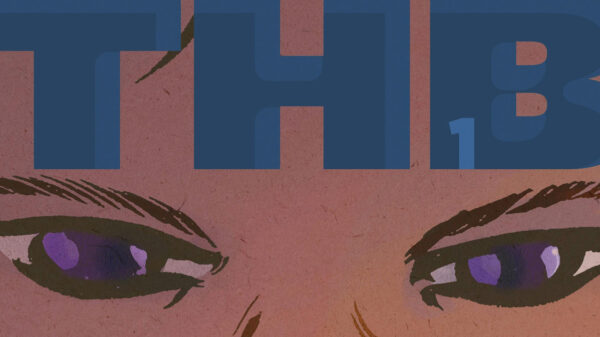

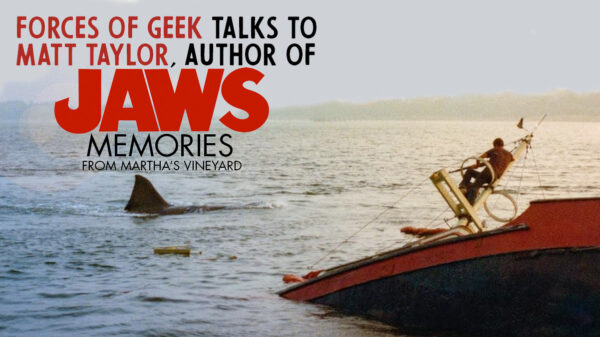
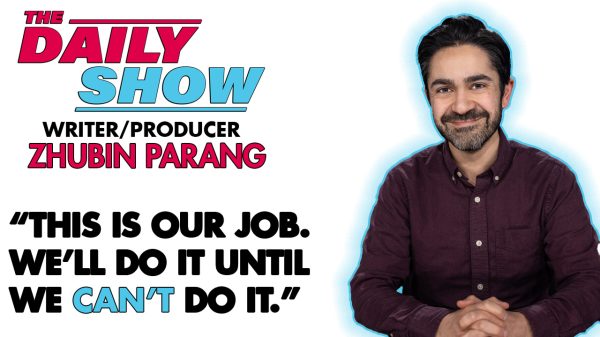
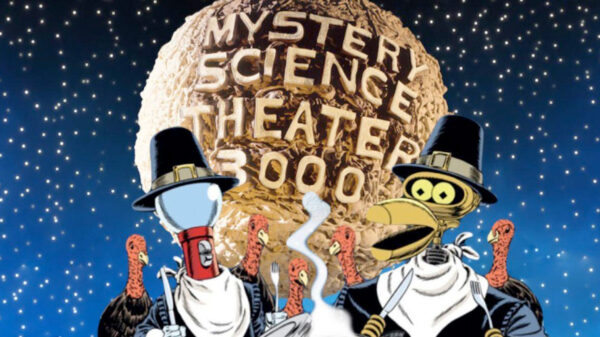

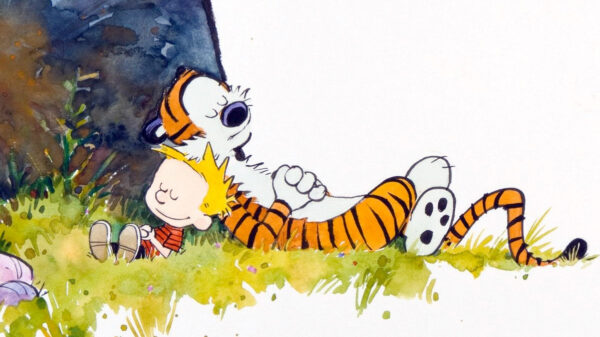
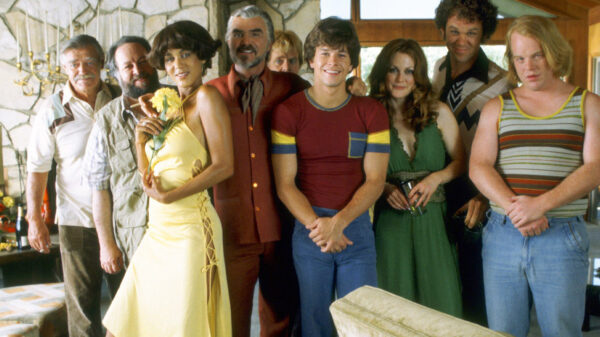





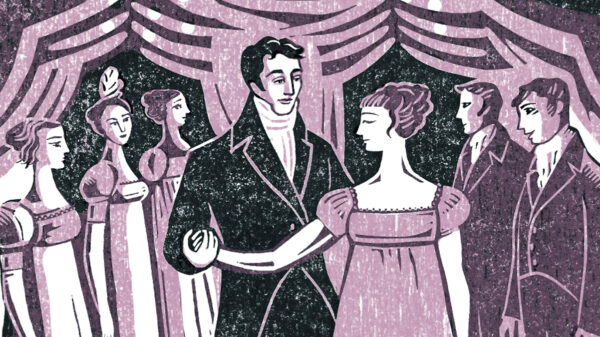

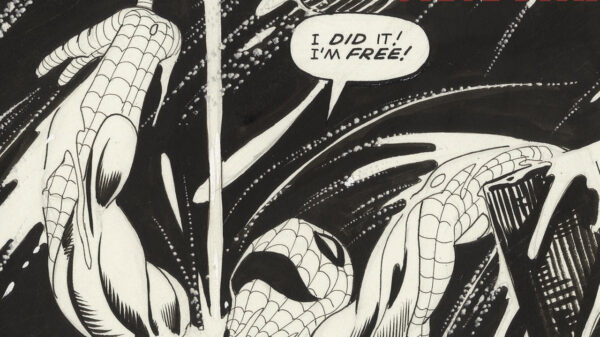


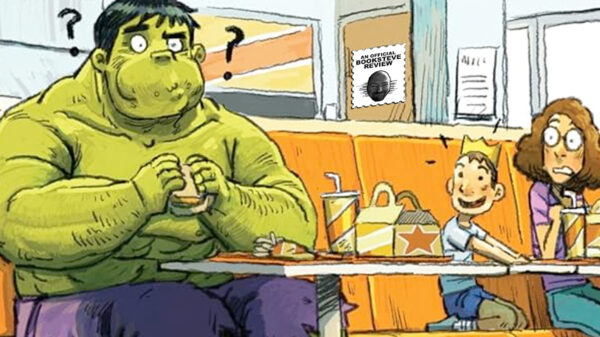
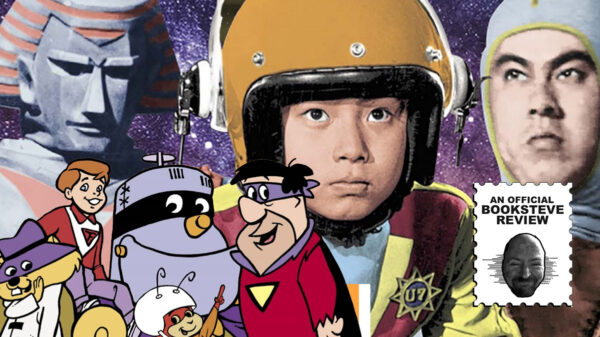



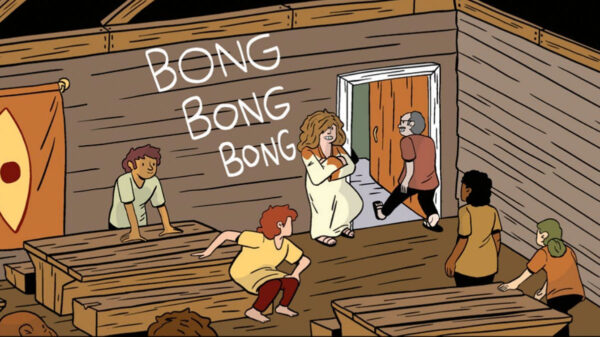





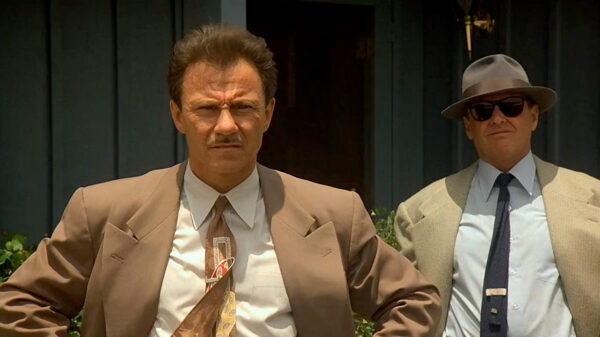
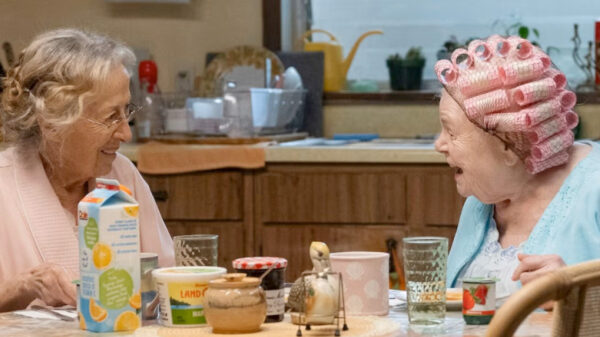
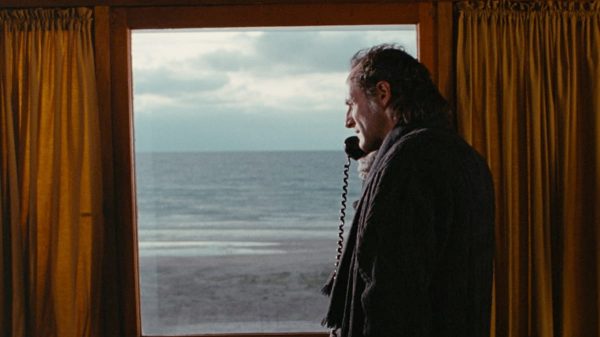

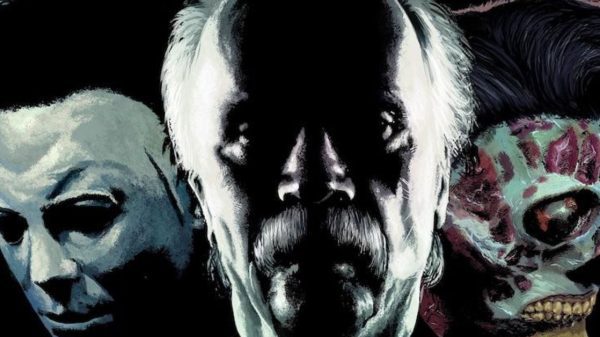
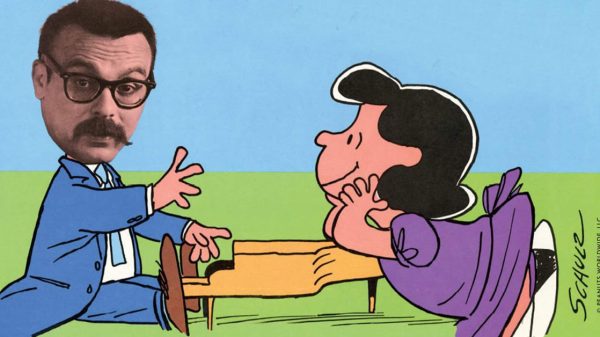
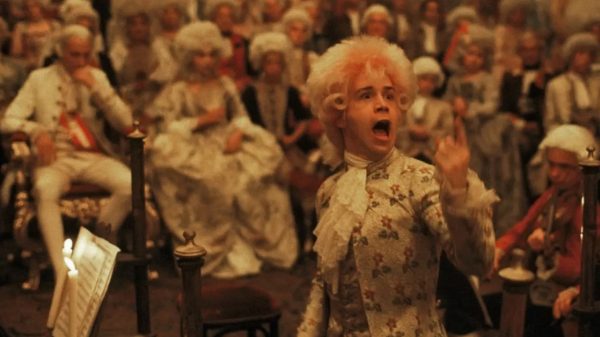







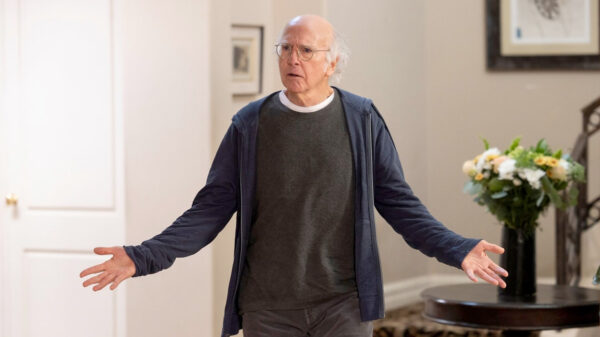



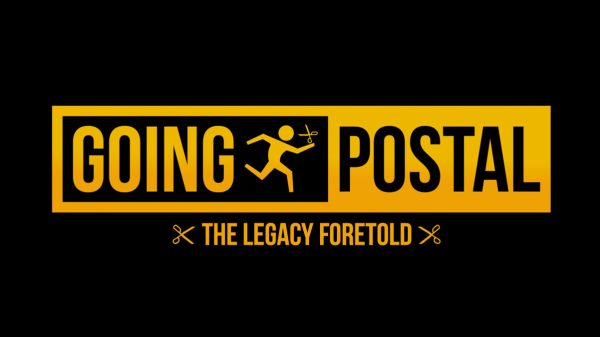

















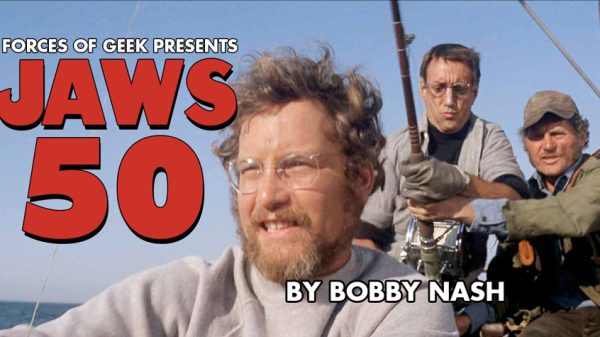












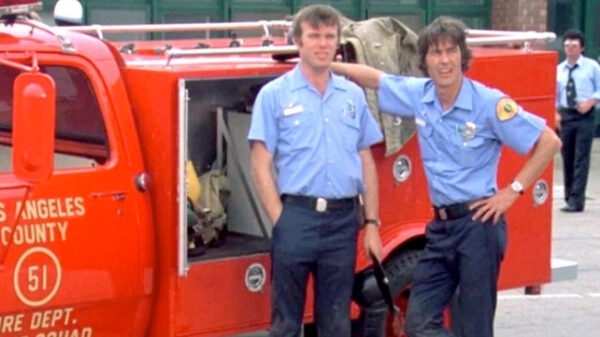
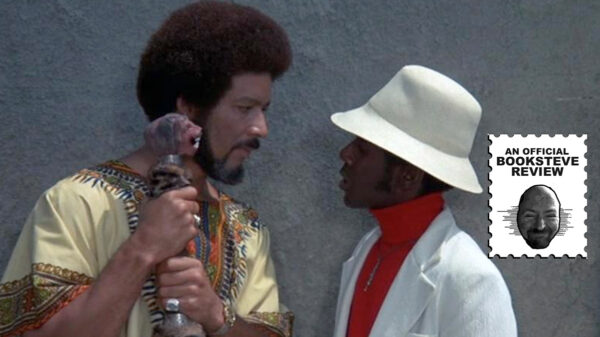










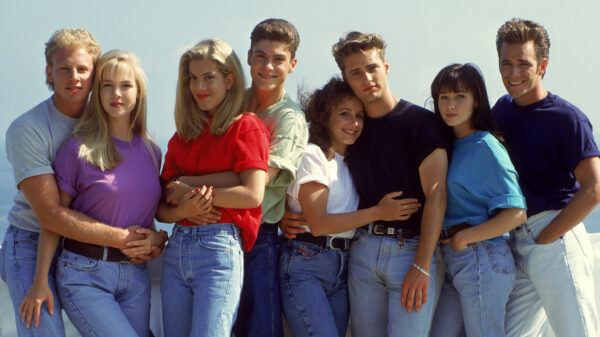

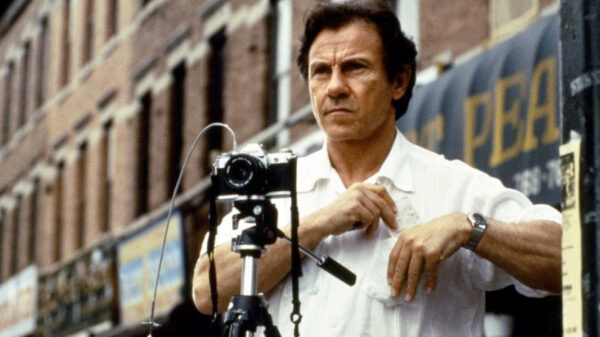





You must be logged in to post a comment Login